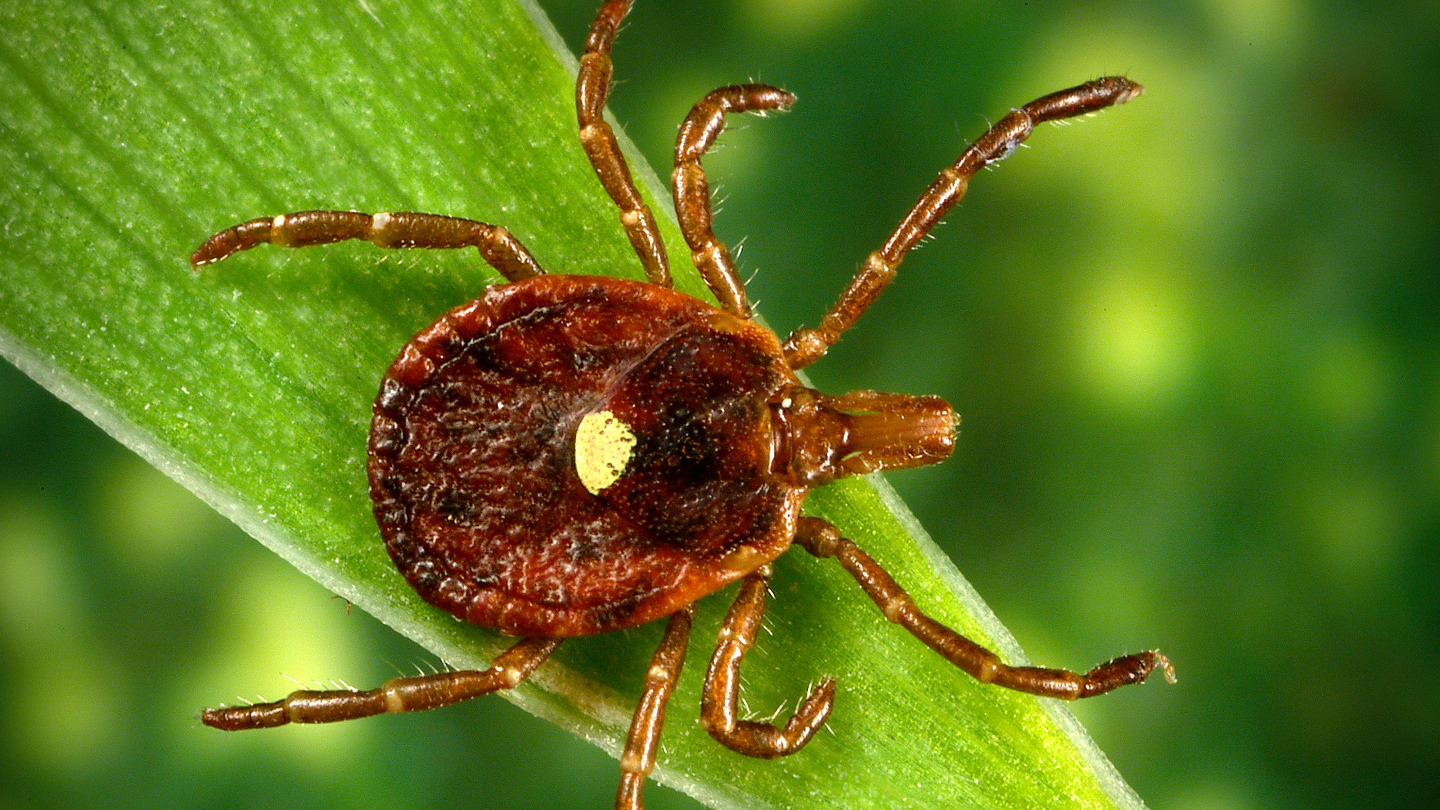The Connecticut Agricultural Experiment Station is warning people about a dramatic rise in ticks in the state.
“What we’ve been seeing in the last few years is an increasing number of ticks, of the species that are already here, but of more concern is the increased number of invasive species that we have coming into the state," Jason White, the director of the Connecticut Agricultural Experiment Station Director, which tracks and tests ticks.
There have been three new species in the last year.
"So in the last five years we’ve had three new species come in and each of these species carries its own unique set of pathogens so we really need the research to understand how these invasive organisms are going to behave in Connecticut, how they’re going to convey these pathogens and interact with humans and the only way to do that is to research the problem,” White said.
Get Connecticut local news, weather forecasts and entertainment stories to your inbox. Sign up for NBC Connecticut newsletters.
The increase in ticks is concerning because they can carry their own set of pathogens.
“Things like Lyme Disease, they are treatable if the tick bite is recognized, with the course of antibodies. But if the disease goes untreated, you can have lifelong neurological effects from these types of disease and some of these new pathogens, we just really don’t know how they’re going to behave when they’re in Connecticut. They’ve never been here before,” said White.
That is why Senator Richard Blumenthal called on the Senate Appropriations Committee to increase funding for the CDC and other state and local agencies to expand prevention and surveillance efforts.
Local
For now, White said, the increase in ticks is happening and he urged people to continue to take preventative measures.
The CDC recommends people use insect repellent with DEET while spending time outdoors, wear lightweight pants and long shirts and check yourself after for ticks.



